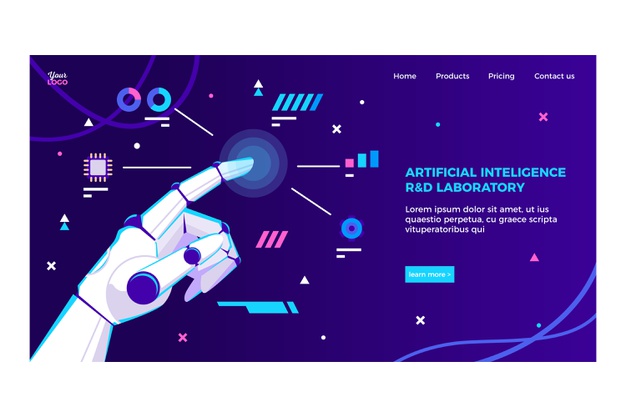The COO Agenda: Creating an Actionable Plan for Strategic Growth
3AI April 24, 2024

Featured Article
Author: Sidhartha Shishoo, COO, SG Analytics
The Chief Operating Officer (COO) is responsible for orchestrating and optimizing the fundamental operations of the organization, bearing the sole mantle of ensuring operational excellence. This encompasses the seamless integration of operational technology, technical systems, management protocols, and organizational ethos with the overarching mission and strategy of the company.
Within this realm, “technical systems” span the personnel, procedures, tools, and materials essential for effective operation. The COO is tasked with harmonizing these components to propel the business towards its strategic objectives. This encompasses tangible aspects like equipment, inventory, and logistics, as well as intangibles such as data management, digital technology, and analytics.
Management systems serve as the conduit through which COOs and their teams supervise and synchronize operations, understanding the factors shaping desired outcomes and enabling proactive monitoring of key performance indicators and root causes of any challenges.
Equally crucial are the organizational principles and behaviors shaped by the COO, setting the overarching tone and remaining deeply connected to the company’s culture. This direct engagement with frontline employees provides invaluable insights into work processes.
The vision of a COO is anchored in the broader business strategy, commencing with the delineation of growth objectives—precise, measurable, achievable, relevant, and time-bound targets aligned with the company’s vision, mission, and values. These objectives tackle key challenges and opportunities, such as revenue enhancement, customer retention improvement, market share expansion, or brand awareness elevation.
Company-wide endeavors like transformation, business recovery, or digital transitions significantly influence the COO’s vision, necessitating clear and effective communication to rally all stakeholders, including frontline staff, around shared objectives. Commitment and support from these stakeholders are paramount for success; a vision that is overly complex or disconnected risks languishing without meaningful action.
A clear, concise vision is essential to avoid misinterpretation. For instance, a financial services firm may focus on the percentage of clients engaging through a new channel within a year, while a logistics
company’s operational vision might revolve around maintaining consistent capacity above projected volume without additional capital investment.
The next phase involves identifying growth drivers—internal or external elements impacting growth objectives—which vary across industries, markets, and customer segments. Analyzing data, customer feedback, and market research is vital to understand what propels company growth and identify gaps or opportunities.
A robust plan is indispensable for translating vision into action. Without a structured plan aligned with the vision, progress remains aspirational and vulnerable to distractions. A comprehensive plan guides coordinated efforts, monitors progress, and ensures alignment with long-term objectives.
While a “100-day” plan isn’t inherently special, stakeholders expect decisive action from the COO. A visionary plan encompasses a long-term perspective with the necessary level of detail to support it.
To craft a robust plan, COOs must evaluate and act across four key areas:
- Operational: Assess current performance and alignment with the vision.
- Stakeholder Management: Understand expectations of key stakeholders.
- Culture: Evaluate and influence organizational culture if needed.
- Team Management: Ensure the right team structure aligns with operational needs and vision.
By addressing these areas comprehensively, COOs can swiftly identify and prioritize challenges, facilitating prompt action. Initiatives should be organized into a portfolio with defined outcomes, challenges, and timelines. For long-term projects, COOs plan for benefits to materialize over six months, a year, or longer, leveraging time as an ally.
A well-defined vision and plan underpin all facets of the COO’s responsibilities, forming the basis for effective implementation of the business strategy. A COO armed with a comprehensive vision and plan is better equipped to navigate and drive organizational success.
Title picture: freepik.com






